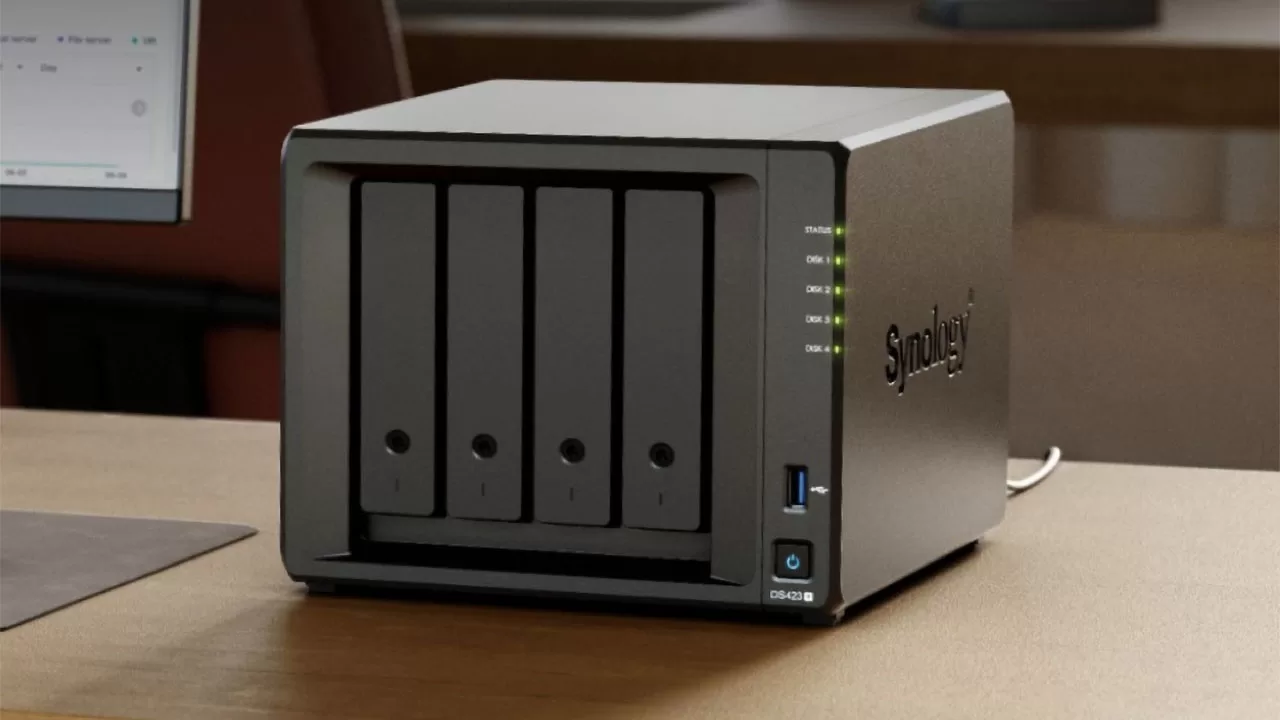What is NAS? Exploring the Key Features and Functions

NAS (Network Attached Storage) devices offer a convenient and efficient way to store and manage data in a networked environment. Learn more about the benefits of NAS, its primary purpose, and its applications in both home and business environments.
NAS, short for Network Attached Storage, is a type of storage device connected to a network, enabling multiple devices to access and share data from a centralized location. This article aims to explore the functionalities and advantages of NAS devices, making it a valuable resource for individuals and businesses seeking efficient data storage solutions.

Network-attached storage devices function as dedicated file servers and are designed specifically for data storage and retrieval purposes. Encased in a compact enclosure, these devices comprise one or more hard drives, equipped with their own operating system and network connectivity capabilities.
The main objective of NAS is to provide users with a seamless and practical method to store and manage data in a networked environment. By connecting to the same network, users can effortlessly access files and documents stored on the NAS from various devices, such as computers, laptops, smartphones, or tablets. Whether through Ethernet, Wi-Fi, or remote internet access, network-attached storage systems facilitate convenient data retrieval.

Adopting NAS brings forth several advantages compared to traditional storage solutions. One prominent benefit of network-attached storage is its centralized storage, which eliminates the need for separate storage devices on each individual device. This streamlined approach simplifies data management, backups, and file sharing, promoting seamless collaboration. NAS systems often boast advanced features such as RAID (Redundant Array of Independent Disks) for data protection, remote access capabilities, and support for additional applications like media streaming and surveillance management.
The versatile nature of network-attached storage devices makes them suitable for both home and business environments. In residential settings, NAS serves as a reliable platform for storing and sharing personal files, photos, videos, and even media libraries for convenient streaming on smart TVs or game consoles. Meanwhile, businesses utilize NAS systems for crucial functions like data storage, backups, employee file sharing, and as a central repository for critical business data.

To summarize, network-attached storage offers a cost-effective and flexible solution for managing and accessing data within networked environments. Its ability to centralize storage, simplify data management, and provide convenient accessibility has made it increasingly popular among individuals and businesses seeking efficient data storage solutions. By implementing NAS, users can enjoy enhanced productivity, streamlined collaboration, and peace of mind knowing their data is secure and readily accessible.